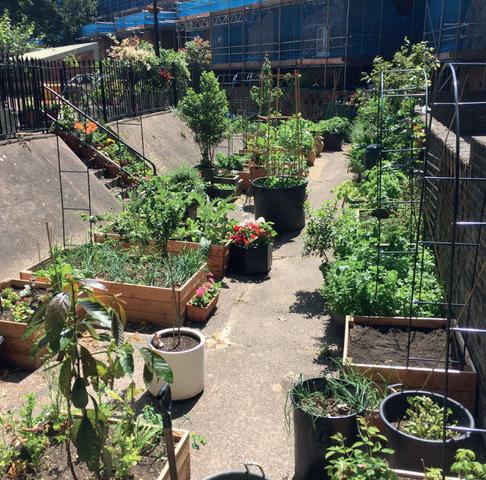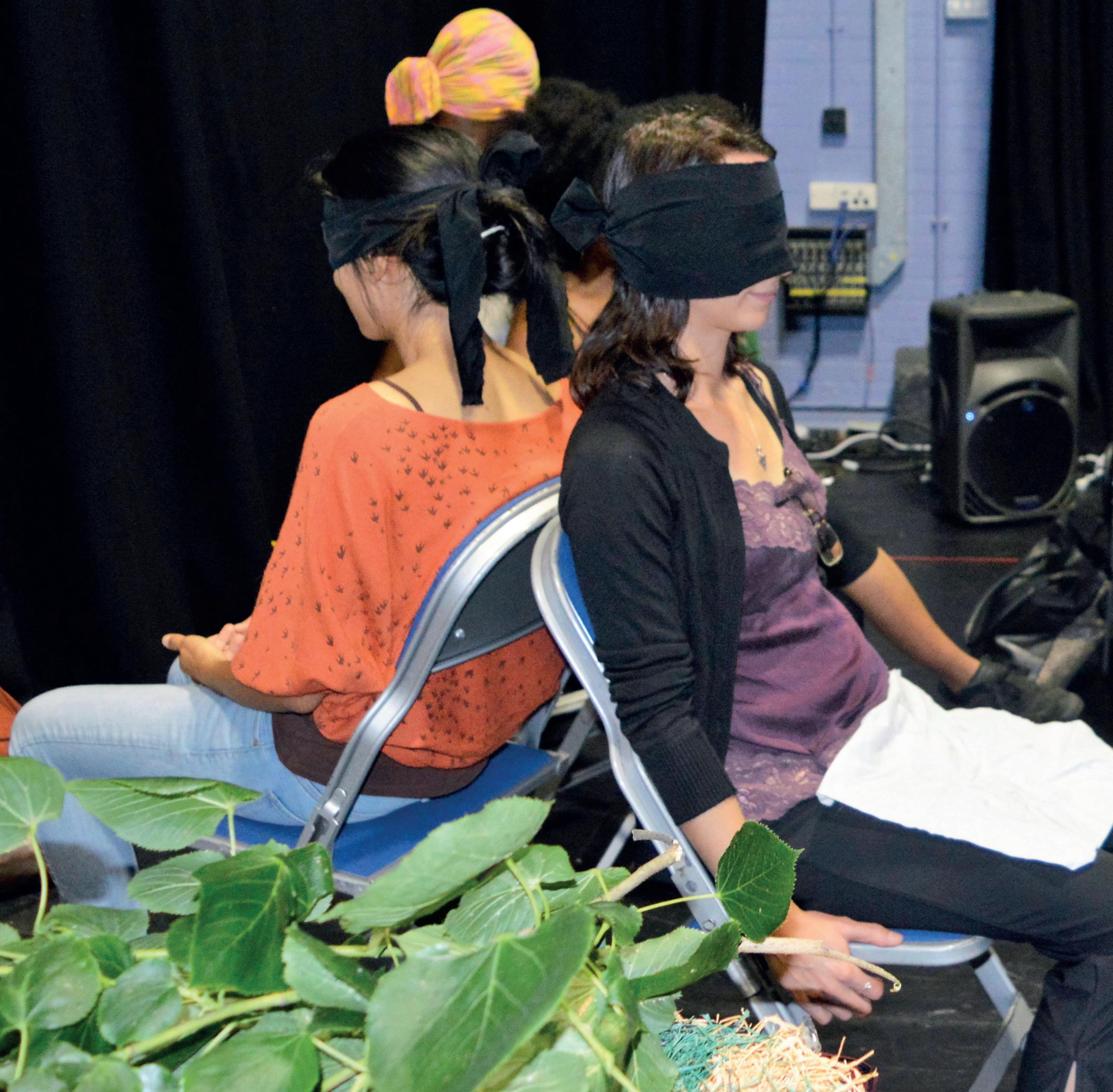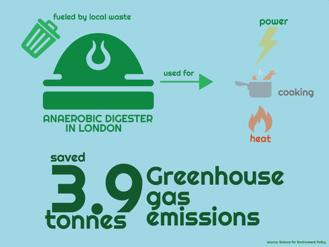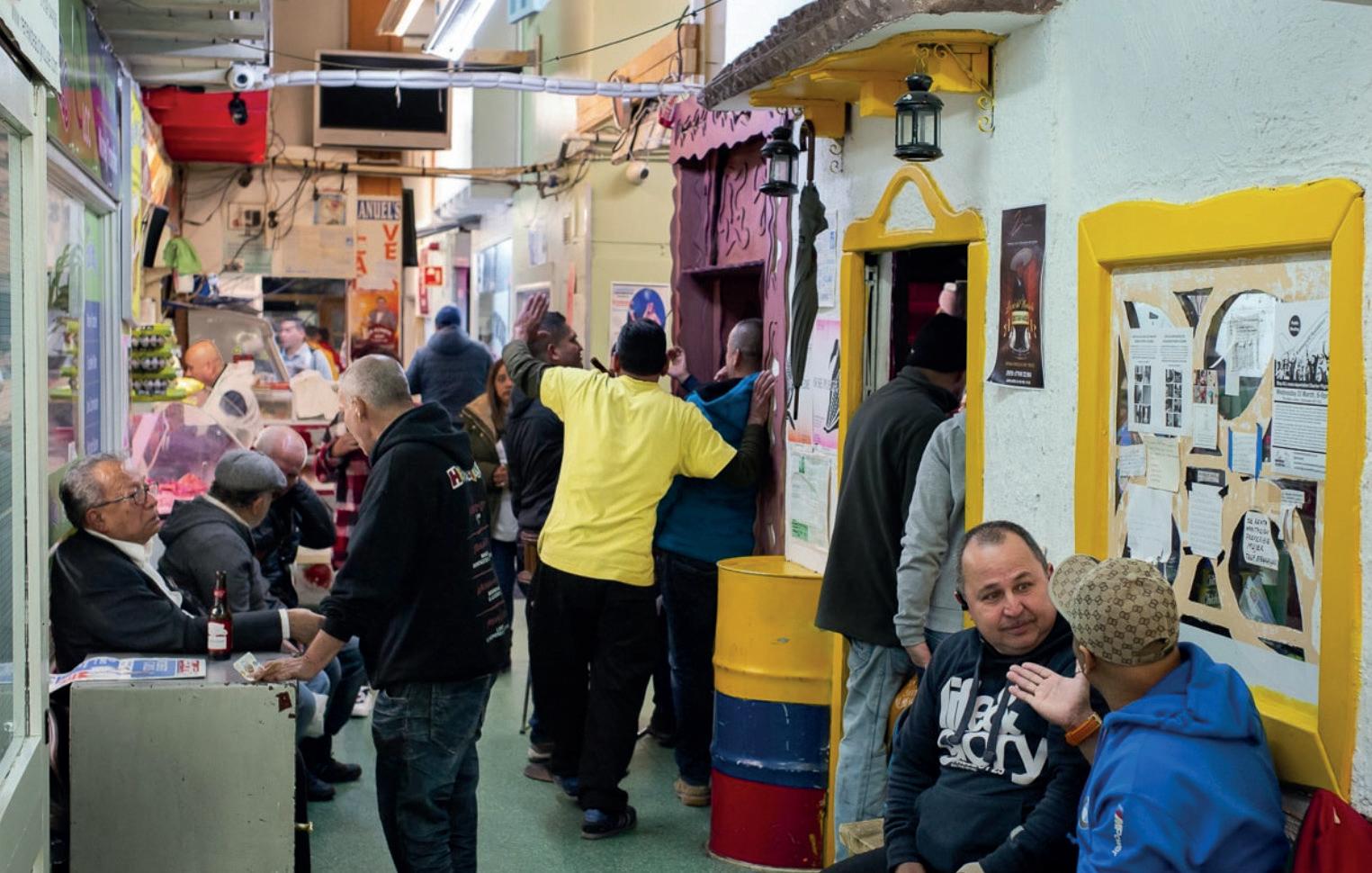
7 minute read
Teaching and Learning
from W12P188
by PDF Uploads
Teaching and Learning London Metropolitan course
Community Mapping
justmap.eu justplace-london.blogspot.fr
The course is funded by the Council’s Tenant Fund. The purpose is to help residents engage positively with their social landlord, and to promote employment and education. It has been very successful in all of these aims. The four resident members of the Lewisham Homes management board all graduated from the programme, and the Chair of Lewisham Homes noted: ‘it’s fantastic to see how many are going on the further training and employment within housing’. A member of staff who participated in the course said: ‘As a caretaker, I found this course useful for me because I understand the history of estates, how the council works and what I can improve and more’
Mapping for community-led planning and a fairer London.
JustMap is an ongoing collaborative map of London community resources, campaigns and projects.
It is based on public workshops organised at community events or festivals to collect directly from Londoners their intelligence of their city.
Its goal is to highlight communities resources and projects, to connect actors campaigning for a fairer London and to identify strategic cooperations.

Teaching and Learning in the Community Civic Design Course
Coordinator: Pablo Sendra
Community organisations: Granville Community Kitchen (partner) and William Dunbar and William Saville Residents’ Association (collaborators) Coordinator of the collaboration with the campaigns: Leslie Barson
Collaborators: CivicWise
The aim of the Civic Design Continuing Professional Development Course is to teach urban planners and architects how to co-design processes and better collaborate with community groups. In this occasion, the course targeted professionals in architecture and urban planning rather than undergraduate students.
We utilised the learning from The Summer School 2018 to change the course for the 2019 cohort. Community activists collaborating with the 2018 edition suggested that community members could act as mentors of the students during the course. In response to that feedback, free bursaries are now offered to members of the community to take the course and act as a mentor for students and provide a helpful incentive. This provides continuity and helps the collaboration between students and communities sustain throughout the whole course, not just in the site visits and lectures.
The other main change is that the course is now ‘blended learning’, with two weeks of online lectures that provide knowledge to students on how to run co-design process and better collaborate with communities, and a three-day face-to-face course where students apply that knowledge and work in collaboration with community groups.
The lectures are given by UCL scholars as well as by professionals from the CivicWise network.
Key goals:
• With this blended format, students acquire knowledge and skills during the first two weeks and apply them to a real case in the three days of the face-to-face course.
• Community members can take the course for free, which also upskills community organisations in planning, and receive a document that is useful for their campaign.
Key achievements:
• Pablo Sendra (UCL) and Leslie Barson (Granville Community Kitchen) designed together the brief for the course.
• Students worked on two tower blocks from South Kilburn Estates that are earmarked for demolition by the South
Kilburn Masterplan: William Dunbar and
William Saville. Students co-produced evidence with residents on the experience of moving to a new flat when your home is demolished and on the importance of living in these towers for the residents.
• After that, students designed how a co-design process should be carried out and proposed a Community Plan that would refurbish the towers and build 32 new homes through infill development.
• The project was shared with residents in a final presentation in the gardens of the tower blocks.
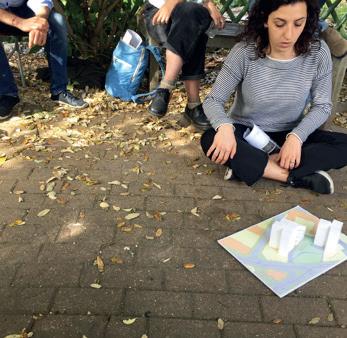
Designing New Futures:
The residents, along with Granville Community Kitchen, Pablo Sendra and some of the students are continuing with this collaboration after the course and have now been awarded funding from the Higher Education Innovation Fund (Research England) to put together a Community Plan and explore how this collaboration between communities and university operates.
Birkbeck, University of London Case Study – Community Leadership workshops in Newham
blogs.bbk.ac.uk/ bbkcomments/2019/10/07/communityleadership-workshops-in-newham/
youtube.com/ watch?v=iTRCPI4GljM&list=PL2Fy5oxIlb42YazEu3m_ ycMnACkfy5wt&index=8&t=0s
How can we build strong and successful community projects? What does our area, Newham, look like in terms of health, wellbeing and resilience compared to others in London and the UK? These were some questions we asked at our series of free Community Leadership workshops for Newham residents this September.
Hester is a Senior Access Officer in the Access and Engagement Department at Birkbeck. Hester is based in Newham and works with community groups, charitable organisations and residents. She distinguishes between the type of groups she works with: grassroots groups such as Friends of Stratford Park and Greenhands Newham which improve the environment, and structured community groups, that may sit within local authority or as a charity, such as MigrantHelp, or IntoUniversity, which both work in Newham.
Birkbeck is London’s evening university. Over 60% of the students are mature students and the 6pm-9pm teaching enables people to work and study at the same time. We also have a significant number of students who join us without formal qualifications. Hester’s role is focussed on Newham and is funded jointly by the London Legacy Development Corporation and Birkbeck. Her role is linked to the Birkbeck Stratford campus and has a geographic focus. There is value in being embedded in the community and local community initiatives seeing it as an important part of her work in the borough. For community groups one of the main needs is space and therefore some work involves hosting community groups for free at the Stratford campus, but we are involved in the community in a number of other ways.
After a year of working in Newham to deliver advice and support to local residents around higher education, attending community events and building partnerships with local groups, it became clear that there was an appetite and a need for local learning opportunities which would support people to make change in their community. This Community Leadership initiative offers a series of workshops on community leadership for community-facing residents (volunteers, community leaders, those working in community facing roles in the borough), and creating spaces for learning for community leaders. These workshops have been enthusiastically taken up and we are hoping to move forward by looking at how we can work with residents to deliver it – ‘working with, rather than doing to’.
Working with David Tross, who teaches on both programmes, we developed a series of free evening workshops for Newham residents which he delivered at East Ham Library. These workshops were very well attended with at least 24 local residents attending each week many of whom had not accessed formal learning for some years. Many of those attending brought significant experience in grassroots organisations, campaigning and project management locally. This seemed like a perfect fit, as the Certificate Higher Education and BSc in Community Development and Social Policy was already being delivered at the Stratford campus, and these initiatives could over time build up a groundswell of leaders, lecturers and a strong skills base locally to support people in Newham.
The workshops covered a range of areas, from health and wellbeing to how to develop and deliver a community project. While academic research was shared through the workshops, David also ensured residents had the space to share their own knowledge and experiences, and network with each other. One of the sessions led to someone finding the much searched for green sofa that they needed for their Mental Health Awareness day event!
Birkbeck see these workshops as the beginning of more meaningful interaction with residents. We are following up the initial four sessions with monthly or every two month meetings where we can work with those who attended the first four workshops to decide what’s next. In our session in November, one of the attendees will be delivering a workshop drawing on their own expertise and moving forward. We hope to create a space where residents interested in community action can come together, share their own knowledge and experience with each other through peer learning and say what subjects they are interested in. We also are hoping to continue doing open access workshops where we will continue to engage new residents who are either already making a change in their community or who are interested in getting involved.


